
Ayurveda for All
Effective Ayurvedic Self-cure for Common
and Chronic Ailments
Dr. Ch. Murali Manohar
M.D. (Ayurveda)

Published by:

F-2/16, Ansari road, Daryaganj, New Delhi-110002
 23240026, 23240027 Fax: 011-23240028
23240026, 23240027 Fax: 011-23240028
Email:
Branch : Hyderabad
5-1-707/1, Brij Bhawan (Beside Central Bank of India Lane)
Bank Street, Koti Hyderabad - 500 095
 040-24737290
040-24737290
E-mail:

Copyright: Author
ISBN 978-93-813849-0-9
Edition: April 2011
The Copyright of this book, as well as all matter contained herein (including illustrations) rests with the Publishers. No person shall copy the name of the book, its title design, matter and illustrations in any form and in any language, totally or partially or in any distorted form. Anybody doing so shall face legal action and will be responsible for damages.
Dedication
This book is dedicated to my mother Dr. Ch. Jhansi,
who has been teaching Ayurveda to me in terms of
Beauty of Living and to my father, Dr. Ch. Ranga Rao,
who has been teaching Ayurveda to me
in terms of Science of Life.

Contents
Preface
This book is in your hands because of the three incidents that took place in my life.
The first one relates to my father Dr. Chirumamilla Ranga Rao, an eminent Ayurveda physician who has imbibed both science and spirit of Ayurveda (he is currently working for Maharshi Mahesh Yogis Vedic University and Ayurveda Research Centre, Holland). When I was studying Intermediate, an arthritis patient with severe disability was brought on a stretcher to his clinic. After visiting several doctors belonging to various medical systems, he consulted my father as a last resort and this was enough to arouse my curiosity to watch his progress. After three months of Ayurvedic treatment, when he started moving about on his own, I found myself admiring this particular system of medicine. Consequently, I appeared for entrance test for B.A.M.S. (Bachelor of Ayurvedic Medicine and Surgery).
The second incident as described here prompted me to study Ayurveda more deeply and empirically. While studying Ayurvedic medicine, I used to visit my native village on vacations. During one of those visits, I advised an elderly neighbour of mine, to stop drinking lest it would ruin his health. The gentleman, who retired as an army officer, asked me with a twinkle in his eyes In my case, I am immune to ill effects of alcohol. Dont worry. However, tell me my lad, why some people are more susceptible to diseases than others? Members of the same family eat similar food, yet their health is not the same. Some people have good habits, still they fall sick easily while some people with bad habits are immune to diseases. Why is it so? I had no answer till I entered into fourth year and was taught Charaka Samhita. Then I realized that people fall sick not because of bacteria or infection alone, but due to three main causes namely, Asaatmya indriyaartha samyogam (Incompatible correlation of the senses with their objects), Prajnaaparaadham (Wrong use of will), and Kaalam (Effect of time). These basic causes upset the fne balance among the bio-regulating factors of the bodyVaata, Pitta and Kapha and make the person fall prey to opportunistic diseases. If one can take care to maintain the balance among these bioregulating factors, he is assured of good health. I went back to my neighbour with this reply, and unfortunately, I found him in the terminating illness due to alcoholic liver. With great difficulty, he stood up and shook my hand and congratulated me for not merely parroting the books but trying to analyze things in proper perspective. He added with a wry smile, had I explained him earlier, he would have probably taken precautions and averted the disaster.
The third incident took place when I was doing my post graduation. I was travelling in a train and a fellow traveller asked me, on learning about my qualification, why anybody should bother about Ayurveda when one can guard his health through easily available allopathic medicines. Then I explained to him that Ayurveda does not confine itself to treat a disease but goes much beyond. It tells how one has to lead his life, correlate body and mind, and take precautionary measures to prevent diseases. I told him that it is natures prescription to physical as well as mental diseases that plague a person and that it is ancient wisdom best suited for modern man. At the end of the session, he vowed that he would opt for Ayurveda. Since I had no better thing to do during a journey, I could spend enough time to enlighten him. But what about the others who do not have proper idea about so called National Medical Treatment of this country? I decided to convey the teachings of Ayurveda by putting them on paper.
These three incidents made me think about ways and means to convey this ancient knowledge to public in a way that was simple and easy to understand. Since I believe that more than the foreign systems, Ayurveda is in tune with Indian way of living, I thought it is easy to convince the public if written in a native tongue. I discussed the concept with a young editor of a popular Telugu weekly and he readily agreed to give me a regular column in his publication, Andhra Jyothi. I must thank late Shri Tripuraneni Srinivas, through whom I could enlighten millions of readers, through tips and small pieces of information. Then followed my weekly column in Vaartha, a popular Telugu daily, under the supervision of Shri Jeedigunta Venkata Rao.
My writings in Telugu, my mother tongue, got me attention of the largest circulated English Daily of Andhra Pradesh, Deccan Chronicle and soon I began writing regularly for them. Most of the articles you are going to read in this book were published in that newspaper. Thanks to the editor Ms. Jayanthi and her team consisting of Ragini, Venu, Veenu Lotriya, Margaret, Smitha, and Manjula Murari. I would like to thank Ms. Vanaja Banagiri, (Hyderabad Times Times of India), and Mr. Shankar, (Science Express The Indian Express) also. My friend Shri M.B.S. Prasad, an Indo-anglian writer of Telugu origin and Managing Editor of

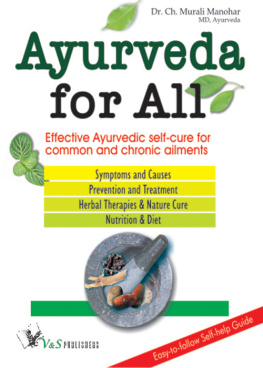

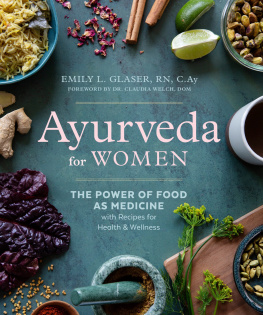
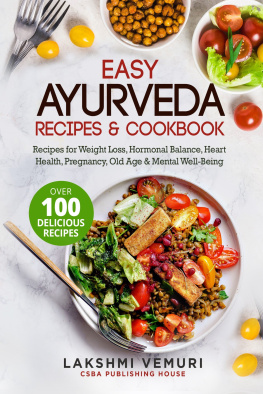
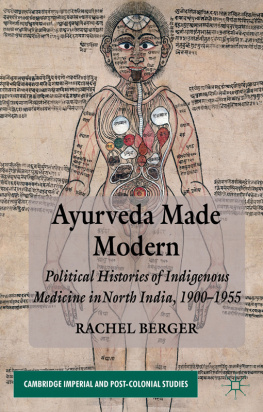
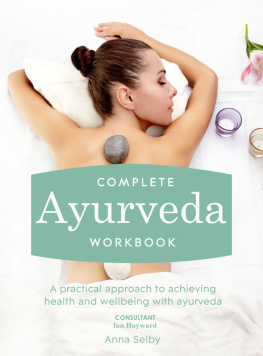
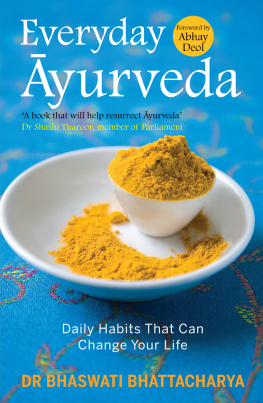
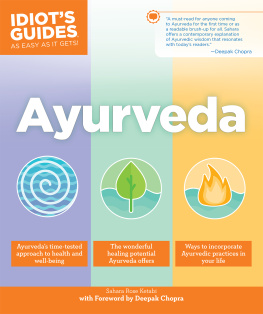
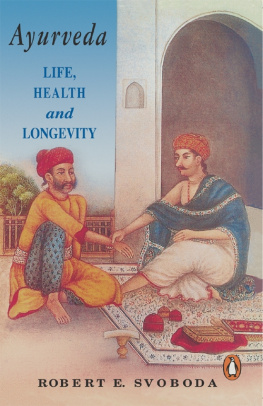
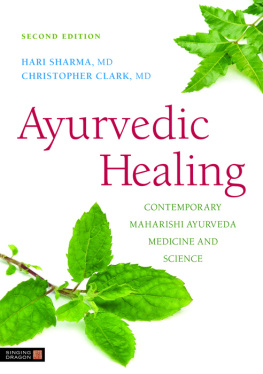
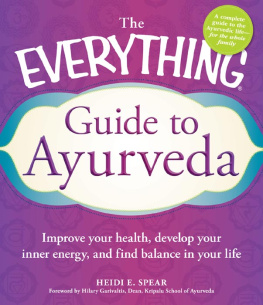




 23240026, 23240027 Fax: 011-23240028
23240026, 23240027 Fax: 011-23240028

